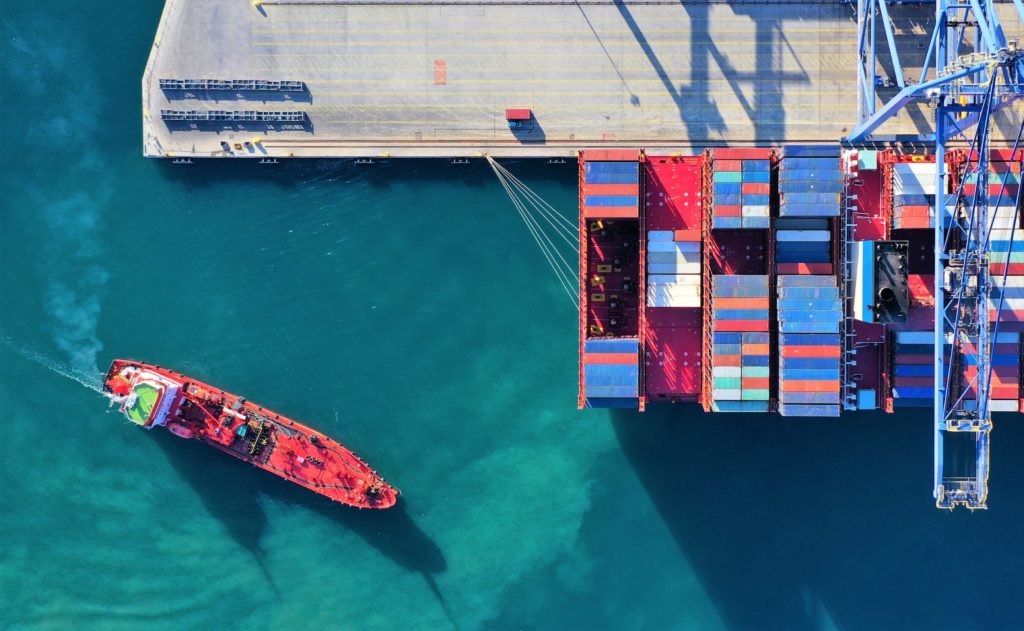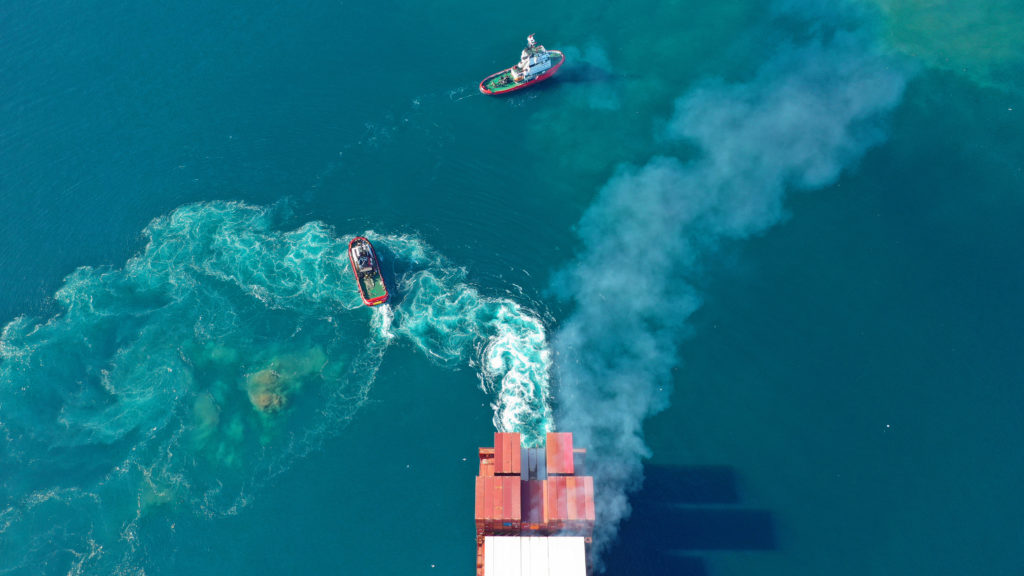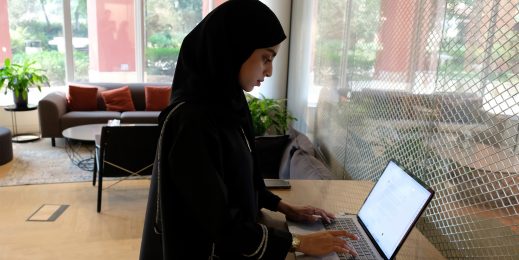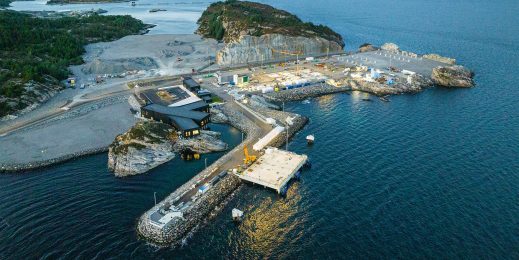
Setting a course for more sustainable shipping
The shipping industry is used to dealing with constant change, from shifting socio-economic conditions to extreme weather. But now it faces its biggest challenge yet: becoming more sustainable. Maritime transport is already responsible for approximately 2.5 percent of greenhouse gas emissions (GHG) – and to avoid this increasing even further, the industry must take drastic steps to transform its operations.
Shipping companies are already turning to cleaner fuel types or installing new equipment. But to demonstrate sustainability compliance, they also need new documentation, which can create an increased administrative burden. Technology can help here – but so far, digital transformation has been slow to take hold in this sector. To turn the tide, the industry needs a change in culture as much as an uptake in the technology itself.
Greek maritime technology company, METIS, was founded in 2016 with the aim to drive this digital revolution within the maritime sector. Its data analytics platform enables shipping companies to monitor machinery on their vessels in real-time and provide documentation that demonstrates sustainability compliance. METIS uses specialized Internet of Things (IoT) sensors and integrated third-party applications such as weather reporting and geolocation to gather this data. To help maritime workers adopt the technology, METIS designed its interface as an easy-to-use chatbot, otherwise known as a Virtual Personal Assistant (VPA).
We wanted to provide a solution that didn’t require extensive training or support processes. Users are able to ask simple questions and request complex analysis in plain English, in the same way they would communicate with the captain or chief engineer onboard, explained Mike Konstantinidis, CEO at METIS.
The chatbot communicates with the user before their request is transferred to the most relevant Virtual Agent. Each Agent is programmed with particular insights and expertise. The VPA system monitors the vessel 24 hours a day, seven days a week, sharing alerts or delivering reports that ensure workers can diagnose problems or resolve critical issues as quickly as possible. And the system provides information tailored to the department’s need or user’s role.
“A superintendent or a performance engineer is able to get detailed information and KPIs, while a fleet or technical manager receives a higher-level view of the fleet status with the ability to drill down if needed,” continued Mike Konstantinidis.
METIS chose Microsoft Azure for its cloud-based infrastructure and machine learning capabilities, as well as security and scalability. By applying artificial intelligence (AI) to the data, METIS enables its customers to create sophisticated data models, which are used to pre-empt scenarios. This in turn can help minimize an operator’s environmental impact, whether that’s identifying how much fuel can be saved on a journey or determining the optimum, most efficient sailing speed.
By using Azure, we can provide our customers with useful, actionable information, delivered in the most intuitive and functionable way. The application of smart technologies on a large scale is the only way to understand the causes that lead to environmental change, assess the situation correctly and continually evaluate the results to improve them, continued Mike Konstantinidis.
One example of how METIS is helping support its customers’ sustainability measures is around the contamination caused by ballast water. Deep sea vessels use significant quantities of ballast water to stay afloat when not loaded with cargo. But with water collected in one part of the ocean and then discharged at destination, there is a risk of invasive species being introduced to new ecosystems. To mitigate this risk, many companies are installing new equipment to treat the ballast water. METIS enables its customers to document the compliance of this process and monitor the effect this new equipment is having on the overall operations of the vessel.
“We are happy that we have found all the features we required in METIS. Their keenness to offer value-adding services to their customers is great, far above average. Their unique and user-friendly conversational interface makes METIS the most efficient and valuable system we have encountered so far.” Technical Director at Pleiades Shipping Agents S.A.
By combining a deep understanding of the challenges of the maritime sector, along with an easy to navigate interface, METIS is driving the transformation of this age-old industry. And, with the help of technology, the shipping industry is setting sail for a cleaner, smarter and more sustainable future.

















